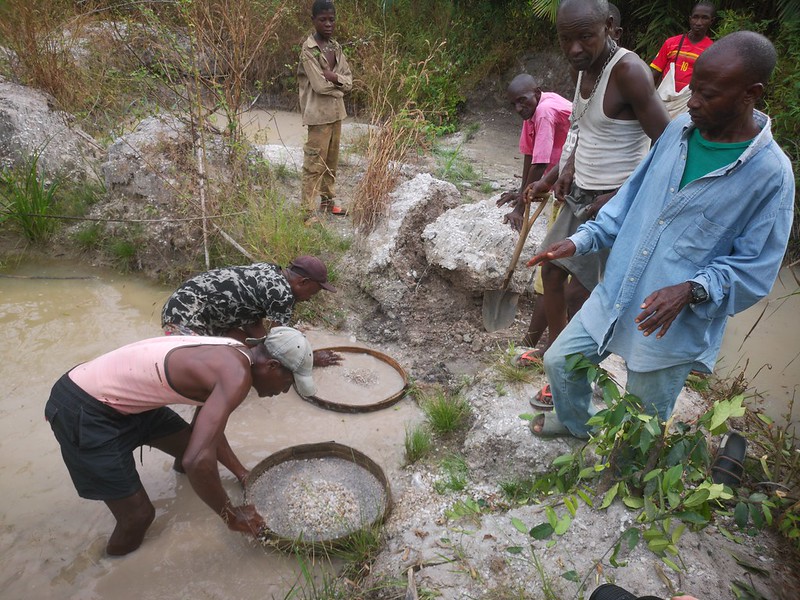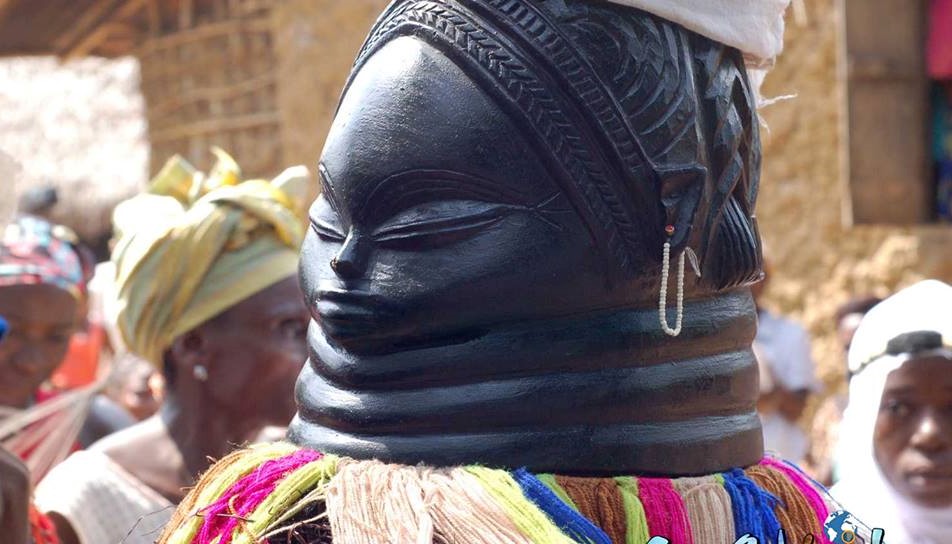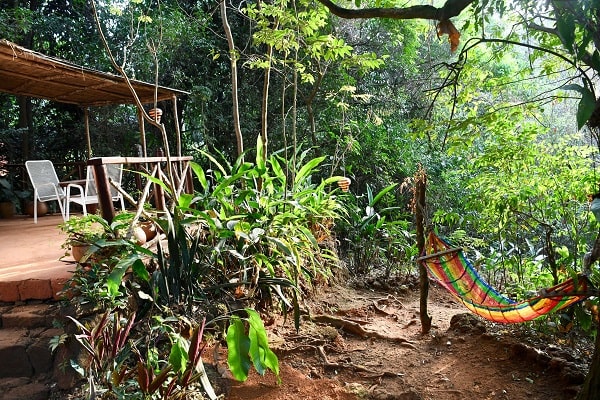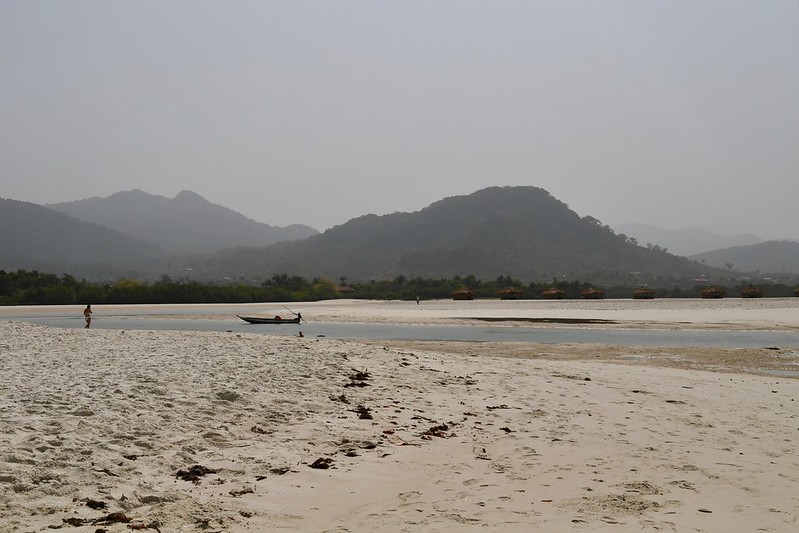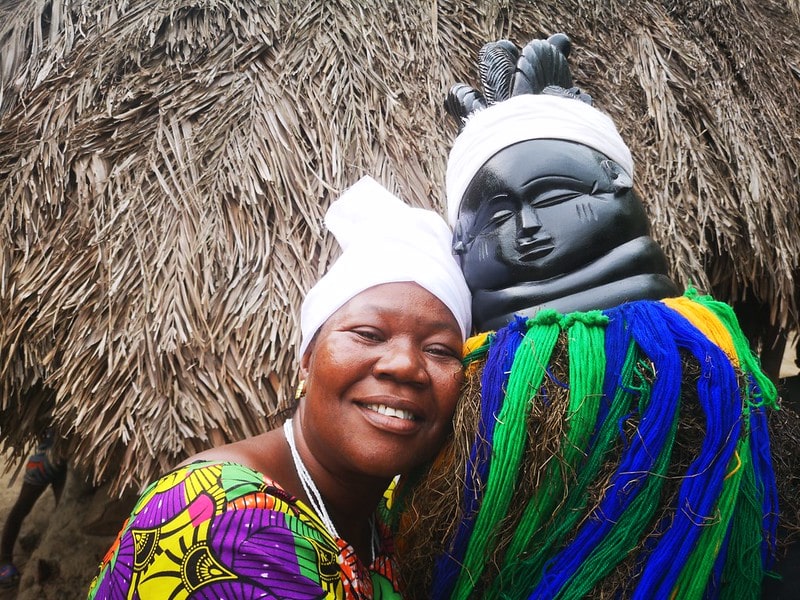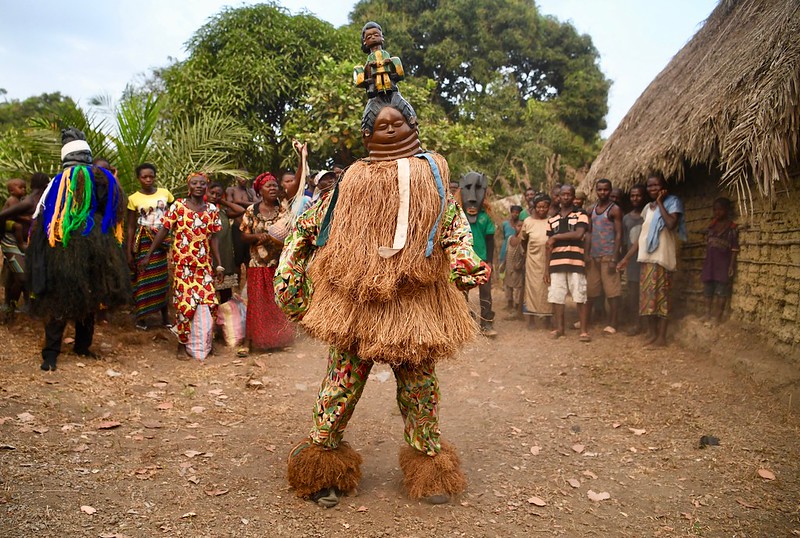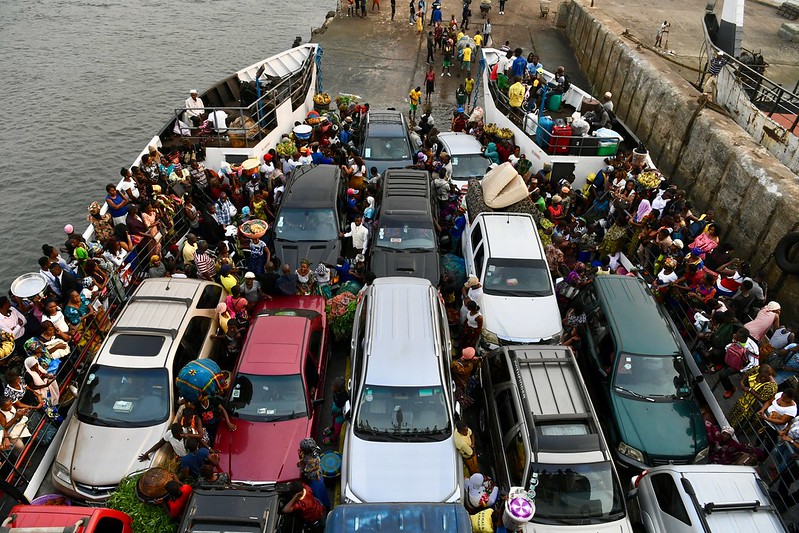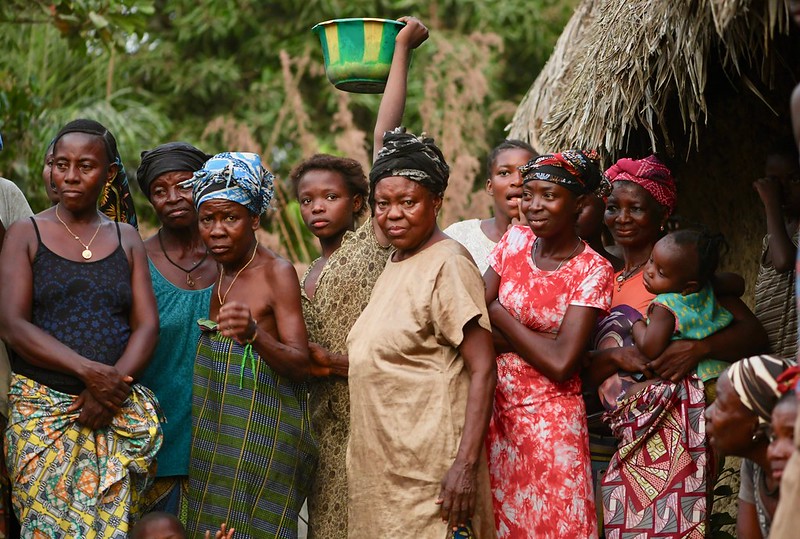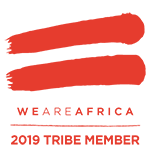REPUBLIC OF SIERRA LEONE
Area: 71.740 km2
Population: 6.624.933 (July 2020 est.)
Life expectancy: about 60 years
Capital: Freetown
Borders: to the north and east with Guinea, to the southeast with Liberia and to the west with the Atlantic Ocean.
Ethnic groups: Temne 35.5%, Mende 33.2%, Limba 6.4%, Kono 4.4%, Fulani 3.4%, Loko 2.9%, Koranko 2.8%, Sherbro 2.6%, Mandingo 2.4%, Krio 2% (2013 est.)
Religion: Muslim 78.6%, Christian 20.8% (2013 est.)
Languages: English (official), Mende, Temne, Krio
Vaccinations: Yellow fever, mandatory, the vaccination has been declared lifelong by the World Health Organization. Prophylaxis anti-malaria, highly recommended it.
Visa: mandatory, obtainable upon arrival
TERRITORY, CLIMATE AND SEASONS
The country can be divided into four distinct physical regions:
1. The coastal marshy region stretches along the Atlantic for approximately 200 miles (320 km). It is a flat, low and frequently flooded plain, between 5 and 25 miles (8 and 40 km) wide and is composed mainly of sands and clays.
2. The Sierra Leone Peninsula, which is the site of Freetown, is a region of dense, forested mountains that run parallel to the sea for approximately 25 miles (40 km). The peninsula’s mountains rise from the coastal marshes and reach approximately 2,900 feet (880 meters) at Picket Hill.
3. The interior plains region: in the north it includes seasonal swamps known as “Bolilands”. In the south, the plains consist of rolling, wooded terrain where isolated hills rise sharply to more than 300 meters.
4. The interior plateau and mountainous region, which comprise roughly the eastern half of the country, are composed primarily of granite with a thick laterite crust. Above the plateau there are a number of mountain masses.
The climate is tropical and is characterized by the alternation of rainy and dry seasons. Conditions are generally hot and humid.
During the rainy season, from May to October, humid air masses from the Atlantic dominate. The sky is cloudy, the winds from the southwest, the sun is minimal and the rain falls almost every day, especially in the months of July and August. Rainfall is greater on the coast than inland.
The dry season, from November to April, is characterized by harmattan, a hot, dry wind that blows from the Sahara.
HISTORY
1787 British abolitionists and philanthropists establish a settlement in Freetown for repatriated and rescued slaves.
1808 The settlement of Freetown becomes a Britsh colony.
1896 Great Britain establishes a protectorate on the outback of Freetown.
1954 Sir Milton Margai, leader of the People’s Party of Sierra Leone, is appointed prime minister.
1961 Sierra Leone becomes independent.
1967 A military coup overthrows the government of Prime Minister Siaka Stevens.
1968 Siaka Stevens returns to power at the head of a civilian government after another military coup.
1985 Maj. Gen. Joseph Saidu Momoh becomes president after Stevens retires.
1991 Start of the civil war. Former Army Corporal Foday Sankoh and his Revolutionary United Front (RUF) begin the campaign against President Momoh, taking over the cities bordering Liberia.
1992 President Joseph Momoh is ousted in a military coup led by Captain Valentine Strasser, apparently frustrated by the failure to deal with the rebels. Under international pressure, Captain Strasser announces plans for the first multi-party elections since 1967.
1996 January, Valentine Strasser is ousted in a military coup led by his Defense Minister, Brig Julius Maada Bio.
1996 Ahmad Tejan Kabbah elected president in February, signs a peace agreement with the Sankoh rebels in November.
1997 The peace agreement falls apart. President Kabbah is deposed by the army in May. Maj Johnny Paul Koroma, in prison awaiting the outcome of a trial for treason, heads the military junta – the Armed Forces Revolutionary Council (AFRC). Koroma suspends the constitution, bans demonstrations and abolishes political parties.
Kabbah flees to Guinea to mobilize international support.
1998 February, Nigerian-led West African intervention force, Ecomog, assaults Freetown and drives out rebels.
1998 March, Kabbah makes a triumphant return to Freetown amidst scenes of public rejoicing.
1999 January, Rebels supporting United Front revolutionary leader Foday Sankoh take over part of Freetown. After weeks of fierce fighting they are defeated.
1999 May, the ceasefire is greeted with cautious optimism in Freetown in the hope that eight years of civil war may soon end.
1999 July, Six weeks of talks in the Togolese capital, Lomé, result in a peace agreement, under which the rebels are given posts in the government and are guaranteed not to be prosecuted for war crimes.
1999 November / December, UN troops arrive to oversee the peace deal – but a rebel leader, Sam Bokari, says they are not welcome. Meanwhile, Ecomog troops are attacked outside Freetown.
2001 January, the government postpones the presidential and parliamentary elections – scheduled for February and March – due to continuing insecurity.
2001 March, UN troops for the first time begin to deploy peacefully in rebel-held territory.
2001 May, Disarmament of rebels begins, and British-trained Sierra Leone army begins to deploy in rebel-controlled areas.
2002 January, War declared over. The UN mission says the disarmament of 45,000 fighters is complete.
2002 May, Kabbah get a landslide election victory. His Sierra Leone People’s Party gets a majority in parliament.
2005 December, The last remaining UN peacekeepers leave Sierra Leone, marking the end of a five-year mission to restore order.
2006 December, President Kabbah says 90% of the country’s $ 1.6 billion (£ 815 million) debt has been written off after negotiations with international creditors.
2007 August, Presidential and parliamentary elections. Ernest Bai Koroma wins the presidency and his All People’s Congress, formerly of the opposition, gets the majority in parliament.
2012 November, The first elections since the end of the civil war are held without UN control. President Koroma wins a second term.
2014 July, Sierra Leone declares a state of emergency to counter the deadly Ebola epidemic that has killed more than 700 people in West Africa.
2016 March, The World Health Organization declares that Sierra Leone has won Ebola.
2018 April, Former military governor Julius Maada Bio wins presidential election as Sierra Leone People’s Party candidate, beating Samura Kamara of the ruling People’s Congress.

